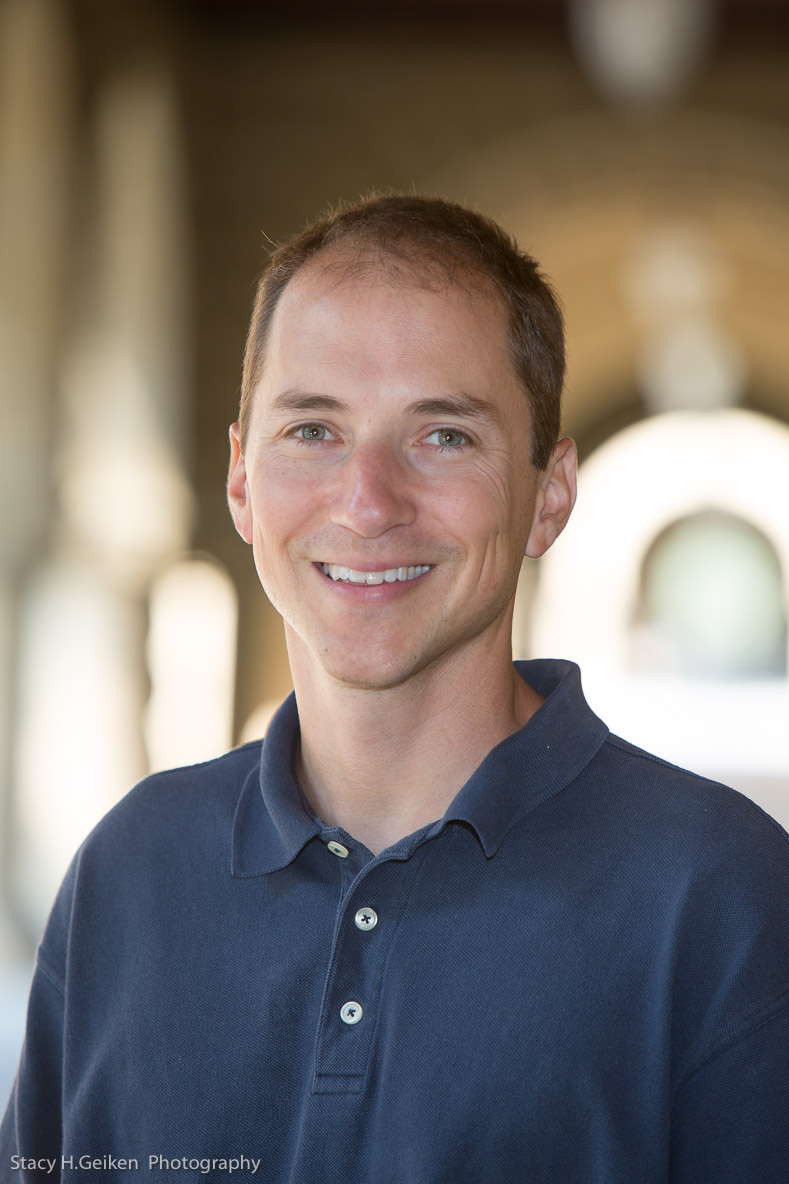Crop Analytics: Can Data Take Agriculture to the Next Level?

David Lobell is one of the rare researchers who produces truly excellent work that dives deep into natural systems, social systems, and cutting edge methods. He brings a fearless curiosity for data science and remote sensing methods to his expertise in agricultural ecology to come to conclusions directly relevant to food security across the globe.
—Anna Boser, PhD Student, Bren School
Watch a recording of this talk here
Abstract
Historical progress in agricultural productivity has underpinned reductions in hunger, poverty, and deforestation rates. Continuing to push agriculture higher in the face of climate change and other stressors is paramount. I will present on approaches that use new field-level datasets, derived using satellite data, to probe opportunities for raising crop productivity. Specifically, I will present recent work in the United States to investigate several contemporary questions: Do no-till practices improve soil productivity? Do new hybrids reduce the effects of droughts? How much does air pollution suppress productivity? In each of these, the spatial and temporal details in the data allow more insight into causal effects than possible with traditional field or government datasets. I will also present some examples of how these approaches are beginning to be applied in smallholder systems around the world.
Bio
David Lobell is a Professor at Stanford University in the Department of Earth System Science and the Gloria and Richard Kushel Director of the Center on Food Security and the Environment. He is also the William Wrigley Senior Fellow at the Stanford Woods Institute for the Environment, and a senior fellow at the Freeman Spogli Institute for International Studies (FSI) and the Stanford Institute for Economic Policy and Research (SIEPR). His research focuses on agriculture and food security, specifically on generating and using unique datasets to study rural areas throughout the world. He has been recognized with a Macarthur Fellowship in 2013, a McMaster Fellowship from CSIRO in 2014, and the Macelwane Medal from the American Geophysical Union in 2010. He also served as lead author for the food chapter and core writing team member for the Summary for Policymakers in the recent Intergovernmental Panel on Climate Change (IPCC) Fifth Assessment Report.